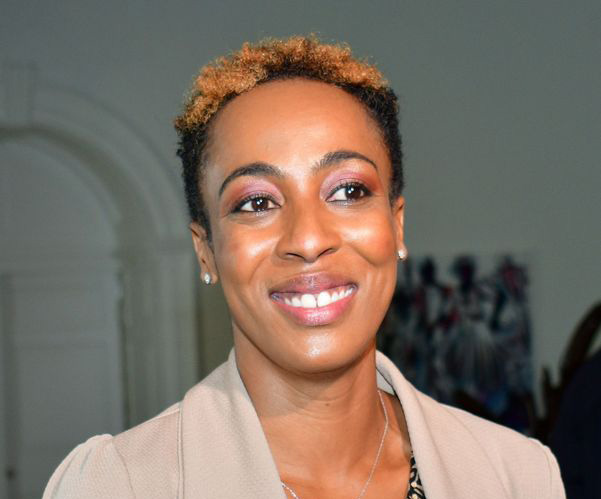Improving Democratic Labour Party's Public Image and Unity: Insights from Political Scientists on Recent Leadership Transition

February 21, 2024
Political scientists Dr Kristina Hinds and Devaron Bruce suggest the Democratic Labour Party should focus on boosting public image, uniting under new leader Ralph Thorne, and developing cohesive policy for effective opposition.
Political scientists Dr Kristina Hinds and Devaron Bruce suggested on Tuesday the Democratic Labour Party ought to focus on improving its public image and uniting the party now that Opposition Leader Ralph Thorne has become the DLP’s “face” and “voice”.
Thorne’s re-entry into the party ended what many perceived as a gaffe on the DLP’s part, as it took days to approve his application, even though Thorne had expressed a desire to rejoin the party shortlyafter leaving the Mia Mottley-led Barbados Labour Party two Fridays ago.
Dr Hinds, a University of the West Indies academic who was replaced as an independent senator by Thorne’s opposition nominees in the Senate, told Barbados TODAY the Dems needed to unite under their new political leader and have a cohesive policy on how to be an effective opposition moving forward, now that the issue of Thorne rejoining the party after a 20-year hiatus had been resolved.
“I think now the Democratic Labour Party has to work on putting out a unified agenda and approach to policy, to legislation, and carving out a future for the political party now that this has been resolved,” she said. “They can use the addition of Mr Thorne to the party as an opportunity to attract membership and an opportunity to increase their relevance.
“One would really hope they capitalise on this opportunityand leave some of the political theatre that surrounded Throne’s entry into the party behind them, and get to the work of rebuilding the mass base of the party and showing the public that they are a relevant force.”
She issued a caution to the DLP’s leadership and supporters not to become unduly defensive in the face of criticism from many public quarters, especially in light of their very visible sequence ofblunders throughout the re-admittance process.
Dr Hinds said: “I hope that they do understand and that they take the criticisms seriously and don’t act in a kind of defensive way, where they see people as being against the political party.
The criticisms that they have received, they can use to avoid these kinds of blunders in the future. The DLP has a lot that it can gain, but it also runs the risk of remaining irrelevant if we continue to see these kinds of rifts inside of the party and indecisiveness emerging publicly.
“The DLP has to find a better way of managing this public image.”
She added: “Right now I find it kind of unfortunate that instead of focusing on the reasons that Thorne left the Barbados Labour Party, and having that be what the news cycle has concentrated on over the last week, most of the emphasis has been on the DLP itself.”
Echoing Dr Hinds’s sentiments, Bruce said: “Often politicalparties in many ways operate, from my estimation, very cultish. So they are often concerned with the internal, without recognising that the party exists not for itself but for the people of Barbados. Public perception matters because it will determine their relevance electorally going forward.
“That public awareness of how the party operates, how the party behaves, I think is important for various aspects and organs of the DLP organisation to consider, and certainly be in lockstep with the public perception.”
To reduce party disputes, he also suggested that Thorne currently proceed purposefully in taking on significant duties inside the party.
“Right now his immediate goal has to be building relationships, getting to know the party, getting to know where it stands financially, where it stands politically [and] where it stands philosophically,” he said. “One of his key responsibilities as political leader would have to be party unity; the Democratic Labour Party has been divided for quite some time and Dr Yearwood has in essence been unable to carry a significant enough aspect of the party, and we have to see whether or not Ralph Thorne’s interjection into the space can begin to change that.
“Quite frankly as the political leader, he will be the face, the voice, and the messenger for the party. Certainly, an election is due in the last couple years, and his chief responsibility is to make sure that the Democratic Labour Party in conjunction with Ronnie Yearwood, is ready for a national election and possibly by-elections.” (SB)


